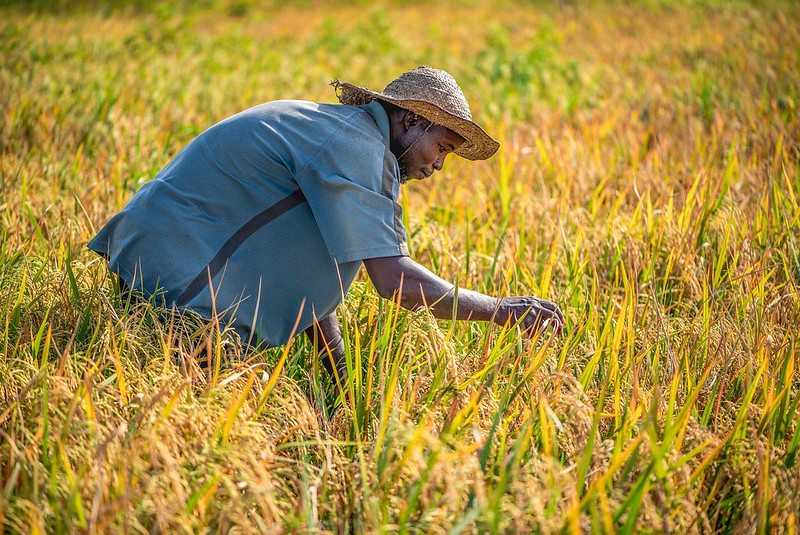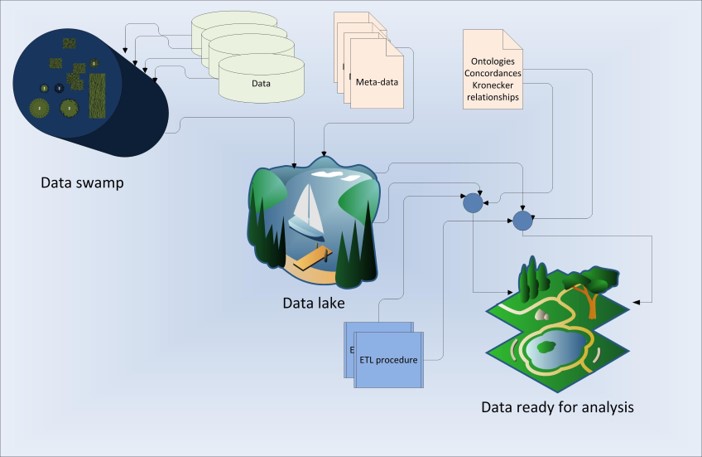Latest Posts
Governing forest plantation to reduce poverty and improve forest landscape: a multiagent simulation approach
Good forest governance lets all relevant stakeholders participate in the decision-making processes. Illegal logging and forest degradation are currently increasing, and logging bans are ineffective in reducing forest degradation. At the same time interest in forest plantations and concern about poverty problems of people adjacent to forests continue to increase…
Extensions of the Bartlett-Lewis model for rainfall processes
While the berlett-Lewis model has been widely used for modelling rainfall processes at a fixed point in space over time, there are observed features, such as longer-scale dependence, which are not well fitted by the model. In this paper is a study of an extension where the authors put an…
Modelling interactions amongst people and forest resources at the landscape scale
FLORES, the Forest Land Oriented Resource Envisioning System, is a framework to facilitate quantitative modelling of ecological, economic and social issues at the landscape scale. This issue of Small-scale Forest Economics, Management and Policy describes the evolution of FLORES from a concept to a series of models calibrated for diverse…
Participatory modelling of community forest landscape
FLORES, the Forest Land Oriented Resurce Envisioning System, is a framework to facilitate quantitative modelling of ecological, economic and social issues at the landscape scale. This special issue of journal describes the evolution of FLORES from a concept to a series of models calibrated for diverse locations, and documents lessons…


